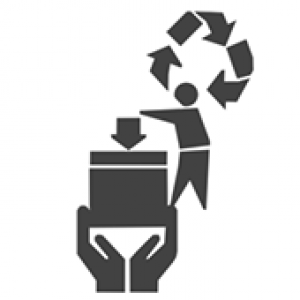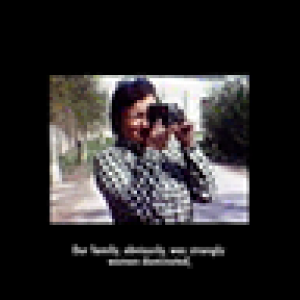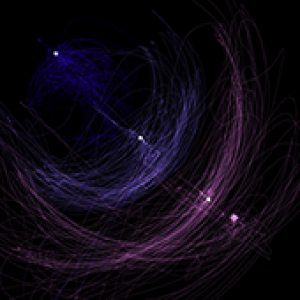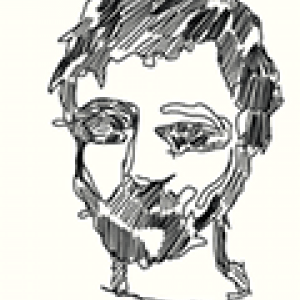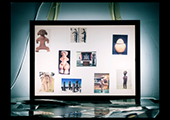
Rudimentariness: a concept for artistic research
This exhibition explores 'A Way of Making', an ongoing collaborative project in ceramics by curator Frédérique Bergholtz and performance artist Maria Pask. I propose that their investigation of making through ceramics – and, hence, through the hands-on encounter with the materiality of clay – is an intriguing instance of artistic research. Artistic research often refers to a discursive or scientific investigation that informs an artistic practice, or to an ongoing investigation within an existing practice. What interests me in this case is how the research is carried out in a parallel-site of investigation, one that is largely embodied. It is an empirical exploration of a medium and, as complete amateurs to the medium, an investigation of the various possibilities of ‘making’ with it. This form of artistic research aims to tackle the basics of what a curator and an artist are already busy with in their respective artistic professions. My own formative and professional trajectory has meandered through various institutions, including universities, museums, and art academies. I have therefore operated in the tenuous fault lines between different creative practices and forms of knowledge production. 'A Way of Making' is of interest to me precisely for how it calls for an analysis of the relation between different ways of creating and ways of knowing. In following the many facets of 'A Way of Making' over the past few years, I began to see parallels between the artists' investigation of the material of clay and questions that arise for me as a theoretician when working with an artistic practice or artwork. I became particularly interested in the attitude with which the makers approached their site of investigation. This attitude can be identified in many registers of their project, including the way in which performers and audiences are interpolated somatically by the ceramic pieces in various staged encounters. For this exposition, I adopted the concept of 'rudimentariness', as defined by Mireille Rosello in the field of comparative literature, to help define this attitude and to see how it can also operate in a largely non-discursive register. The exposition begins with the makers’ hands-on research, exploring how rudimentariness in making calls forth empirical forms of knowing. In particular, the notion of sensate thinking, as defined by Alexander G. Baumgarten, and theories addressing the intimate relation between the sense of touch and movement and modes of thought are key. The exposition then extends beyond Bergholtz and Pask's project to propose how the attitude of rudimentariness, underpinned by an understanding of sensate thinking and workings of touch, helps articulate what is at stake in the present for artistic research more generally and, specifically, within the growing importance placed on economies of learning in the (Dutch) education system. In creating this exposition, I attempted to follow the lines, curves, and cracks of 'A Way of Making' to investigate the feedback loops between the discursive and the non-discursive. I propose the not-yet of knowledge as a productive site for the emergence of new perspectives and critical standpoints, as well as the transformative effects of such emergent perspectives on existing habits, modes of making, and, ultimately, what is already known.

